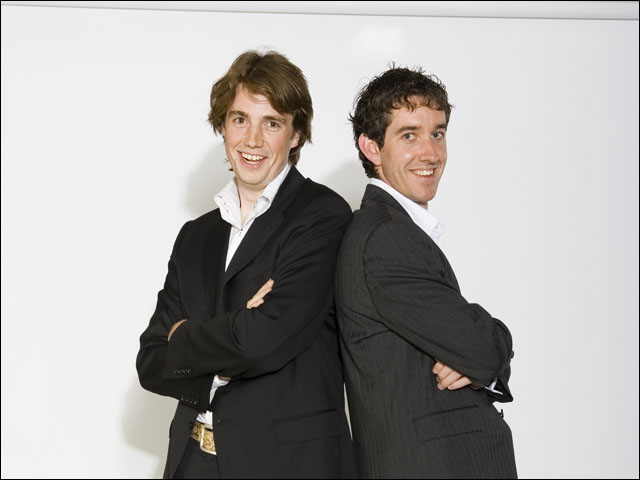news Atlassian has stationed 10 software graduates at the ‘Hack House’, a beach house in Narrabeen up the coat from the company’s Sydney headquarters. The ‘Gradlassians’, as they’ve been nicknamed, will spend a week combining surfing fun and hard work, developing a new product innovation ready for shipment by the end of the week.
The plan includes training, coding and team building events. Several of Atlassian’s top developers are also at the Hack House to mentor the Gradlassians and lead the week of training. According to this post on the company’s blog, the 10 Gradlassians have been chosen from a star candidate pool of over 430 graduates, representing some of Australia’s finest talent. Each selected candidate specialises in a different development niche, from fitness apps and online gaming to political research. The Gradlassians’ progress can be tracked throughout the week on the company’s website.
Atlassian has also invited recent graduates from the US interested in the Hack House experience to apply for the company’s graduate program. Candidates still in school in the US can explore Atlassian’s internship program in the company’s San Francisco office.
Atlassian, a private company, is on a roll after doubling its headcount and revenues over the past 18 months, and embarking on a rapid expansion of its international operations with the help of $60 million in venture capital investment that it took from US-based Accel Partners in mid-2010. Atlassian co-founder Scott Farquhar (pictured above with co-founder, Mike Cannon-Brookes) revealed in a video interview last week that the company now has about 450 staff in its offices worldwide, with 200 of those located in Sydney. Farquhar also stated that the company had had 40 straight quarters of profitability.
Farquhar revealed in the interview that the company earned 85 per cent of its revenues from on-premises deployment of its products, but that its products offered on a software as a service (SaaS) basis were experiencing the rapidest rates of growth. Atlassian’s two main products are JIRA and Confluence, with new products such as FishEye, Crowd, Bamboo, Crucible and Clover seeing good growth rates.
One of the selected candidates, Robert Massaioli stated that he liked helping his fellow developers. “I’ve joined Atlassian because I believe that they help people with their products and make the development of software better for a large number of people. I think that any useful additions that I make while working at Atlassian can help a large number of people,” he said.
Joshua Ali, another Gradlassian, spoke about his passion for software design and development. Ali also said that working for Atlassian is so enjoyable that it doesn’t feel like work at all. Indeed, Atlassian holds the distinction of being named one of the best places to work in Australia. In December 2011, the company installed videoconferencing equipment configured to resemble actual portals, such as those in the popular video game ‘Portal’), in several of its offices to enable virtual communication between staff in different locations.
Image credit: Atlassian


Things seem to be on the up and up for Atlassian according to some of their Sydney based staff I was chatting to last Sunday.
Seems maybe you were a little off the mark on this one back in 2010 though Renai.
http://delimiter.com.au/2010/07/15/how-long-can-atlassian-stay-australian/#comment-12519
“I’m never going to applaud an Australian company being sold to an overseas company. You know what I do when that happens, as a journalist? I place a diary marker in my calendar for six months’ time. You know why? Because that’s the time when the international company will start to lay off Australian IT jobs.”
That comment was in reference to Atlassian being sold off or listing, neither of which it has yet done. With respect to the commentary in general, although the language was a bit provocative, I stand by it. I still have the same feeling about the company — reinforced by the recent TechCrunch interview.
It certainly was a “robust discussion” ;)
The best type :)
In the time since, I have found that almost all startup companies are extremely sensitive about press coverage they receive. Atlassian wasn’t an anomaly. They tend to automatically assume they’ll get it, and when they do, any negative angle at all tends to be attacked incessantly. And they tend to all jump in and attack you when you criticise one.
Just like Apple/Linux/Microsoft fanbois ;)
Link for anyone who wanted to watch after reading this as I did: http://techcrunch.com/2012/01/16/atlassian-2011-revenues-102-million/
Interesting he avoids the ‘is facebook a customer’ question – but they boast them as a client on their website! http://www.atlassian.com/company/customers
I hated that interview. No hard questions were asked by TechCrunch, and the Atlassian guys came across as typically corporate … marketing speak ahoy.
Comments are closed.